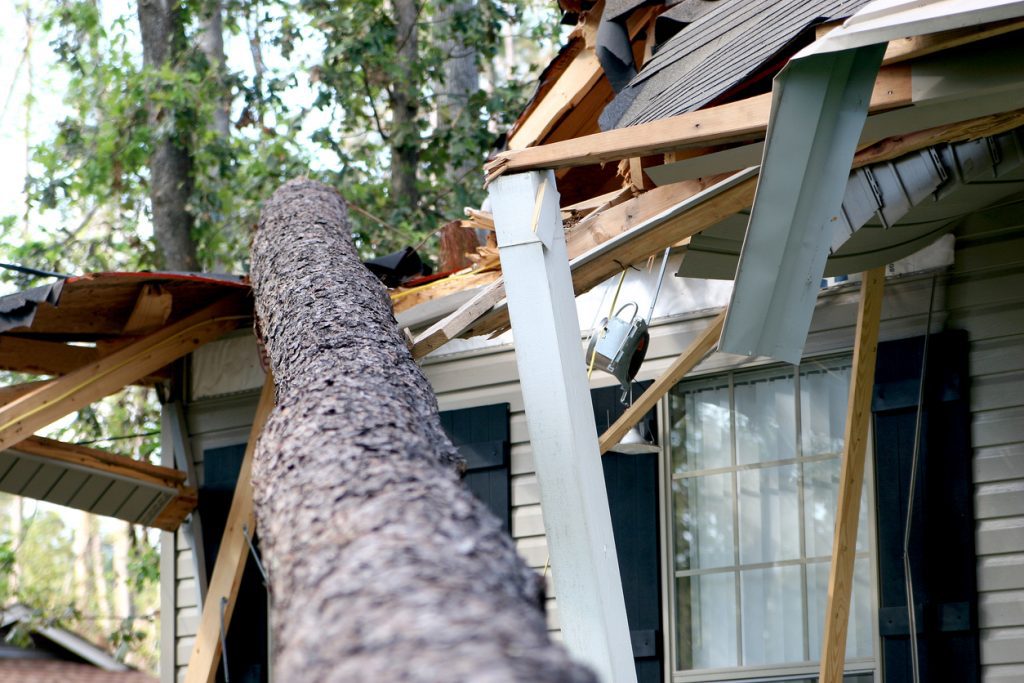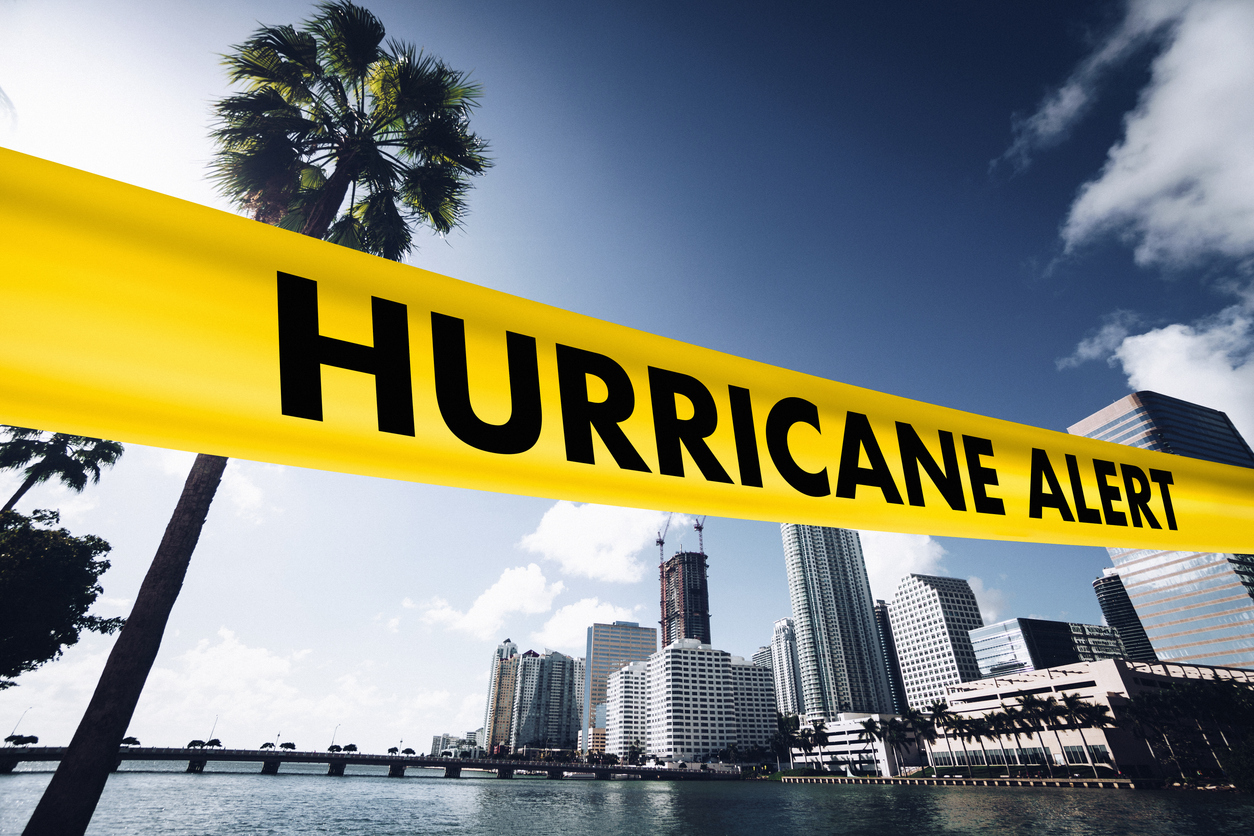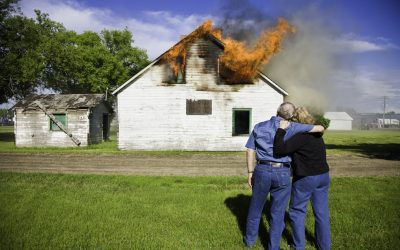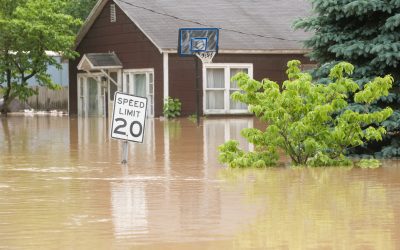Hurricane Public Adjuster Near You | Claim Help Guide
Hurricanes leave more than just physical damage in their wake—they disrupt lives, homes, and finances. When the storm passes, the insurance claim process often becomes a second battle. That’s where a hurricane public adjuster steps in. These licensed professionals work on your behalf, not your insurance company’s, to help you get the fair settlement you deserve. If you’re navigating a complex claim or feel underpaid, a local public adjuster specializing in hurricane damage can make all the difference. This guide will walk you through what hurricane public adjusters do, when to hire one, and how to find the best fit for your situation.
What Is a Hurricane Public Adjuster and Why You Need One
A hurricane public adjuster is a licensed insurance professional who represents policyholders in preparing, filing, and negotiating claims related to hurricane damage. Unlike insurance company adjusters who work for your insurer, public adjusters work for you.
Hiring a public adjuster can be crucial if:
- You’re dealing with severe damage and high claim value
- Your claim has been delayed, underpaid, or denied
- You’re overwhelmed by the documentation and inspections
- You want a professional to handle the process for better accuracy and higher payouts
Public adjusters understand policy language, building codes, and claim negotiation tactics. They ensure no damage is overlooked and fight for a full and fair payout.
Understanding Hurricane Damage Claims
Common Types of Hurricane Damage Covered by Insurance
Hurricane insurance claims often involve multiple types of damage, including wind, rain, flood, and structural destruction. Understanding what your policy covers is the first step to ensuring proper compensation.
Wind Damage
High-speed winds can strip roofs, shatter windows, and uproot trees. Most homeowners’ policies cover wind damage unless specifically excluded. Your public adjuster will document all wind-related destruction accurately.
Water Intrusion and Flooding
While rain that enters through a storm-damaged roof is typically covered, rising floodwaters require separate flood insurance. A hurricane claims public adjuster can help distinguish between the two and ensure both policies are properly applied.
Roof and Structural Damage
Hurricanes commonly destroy roofing systems, especially on older homes. Public adjusters inspect attics, insulation, and structural beams to find hidden damage that insurers might overlook.
How Hurricane Claims Public Adjusters Work
The Claim Process with a Public Adjuster
Initial Damage Assessment
A public adjuster will conduct a thorough on-site inspection, often more detailed than what insurance adjusters perform. They document every detail using photos, videos, and measurements.
Reviewing Your Insurance Policy
They interpret complex policy language to identify all eligible coverages. This includes loss of use, debris removal, and additional living expenses.
Preparing and Submitting the Claim
Your adjuster prepares a full estimate of repair costs and submits the claim directly to the insurer. Their expertise ensures that no item is underquoted or missed.
Negotiating the Settlement
Negotiation is where the adjuster’s value truly shines. They handle back-and-forth discussions with the insurance company to secure the highest possible payout for your claim.
When Should You Hire a Hurricane Damage Public Adjuster?
It’s best to hire a hurricane claims public adjuster as early as possible—ideally before filing the claim. However, even if you’ve already submitted your claim, you can bring in a public adjuster to:
- Reopen underpaid claims
- Appeal denied claims
- Conduct supplemental claims for overlooked damages
Waiting too long can limit options, especially with strict deadlines under your policy and state law.
Finding the Best Public Adjuster for Hurricane Damage Near You
Choosing the best public adjuster for hurricane damage ensures you have the right professional in your corner. Here’s what to look for:
Licensing and Certification
Always confirm that the adjuster is licensed in your state. Most states have public adjuster databases available online.
Local Experience
Local adjusters understand regional construction costs, hurricane building codes, and how area insurers behave. Search for a public adjuster hurricane claims near me to narrow down nearby experts.
Transparent Fee Structure
Public adjusters typically charge a percentage of the claim payout (often 10–20%). Avoid those who demand large upfront fees or aren’t transparent about costs.
Positive Reviews and Referrals
Check Google Reviews, BBB ratings, or referrals from contractors and past clients. A trustworthy adjuster should have a track record of professionalism and success.
 What to Expect from the Best Hurricane Claims Public Adjusters
What to Expect from the Best Hurricane Claims Public Adjusters
The best public adjuster for hurricane damage will offer more than just paperwork help. Here’s what top-tier adjusters provide:
- Clear communication: Regular updates and fast response times
- Full inspection: Attics, crawlspaces, rooftops, and hidden moisture areas
- Support documentation: Professionally formatted reports for negotiations
- Advocacy: Aggressive representation during disputes
They essentially become your insurance advocate, ensuring you’re not left at a disadvantage during claim settlement.
If you’re facing storm damage and need professional help, don’t go it alone. Work with a licensed expert who understands how to navigate complex hurricane claims and insurance company delays. A Hurricane Damage Claim handled by a seasoned adjuster can mean thousands more in compensation. Get in touch with a trusted Public Adjuster in Florida who will work for you, not the insurer.
FAQs
Q1: What does a hurricane public adjuster do?
A hurricane public adjuster assesses storm-related damage, prepares and submits your insurance claim, and negotiates with your insurer to secure the best possible settlement on your behalf.
Q2: How is a public adjuster different from the insurance company’s adjuster?
A public adjuster works for the policyholder, not the insurance company. Their goal is to maximize your payout, while insurance adjusters aim to minimize the company’s liability.
Q3: Is it worth hiring a public adjuster for hurricane damage?
Yes, especially for large or complicated claims. Public adjusters often secure significantly higher settlements than policyholders would get on their own.
Q4: How much does a hurricane public adjuster charge?
Most public adjusters charge a contingency fee—typically 10–20% of your claim payout. Exact fees vary by state and complexity.
Q5: When should I contact a public adjuster after a hurricane?
Ideally, you should contact one immediately after the storm to guide you through the process from day one. However, you can also bring them in during an ongoing claim or appeal.
Q6: Can I hire a public adjuster if my claim was already denied?
Yes. A public adjuster can review your denial, gather new documentation, and reopen or appeal the claim if justified under policy terms.

 What to Expect from the Best Hurricane Claims Public Adjusters
What to Expect from the Best Hurricane Claims Public Adjusters

